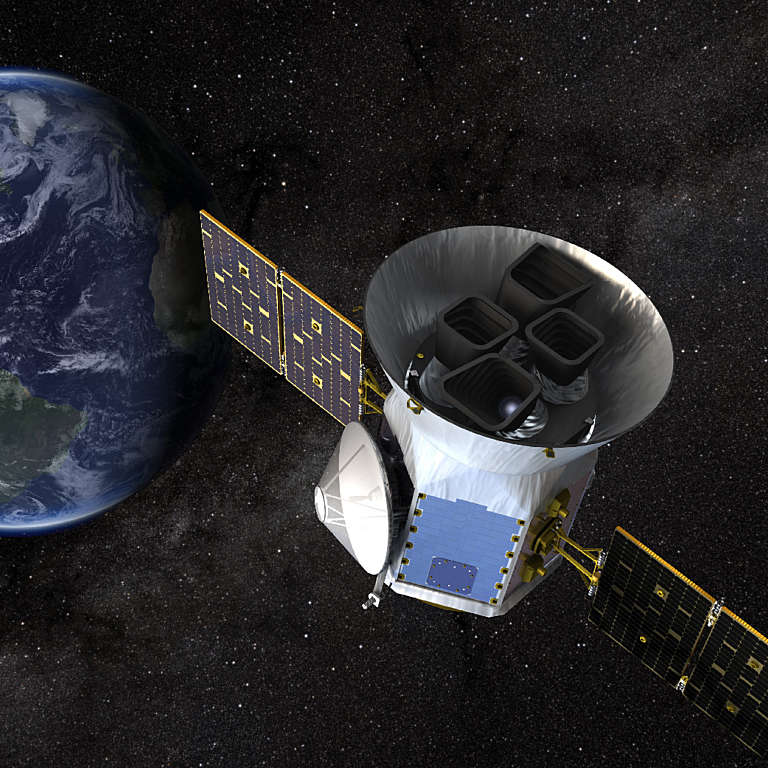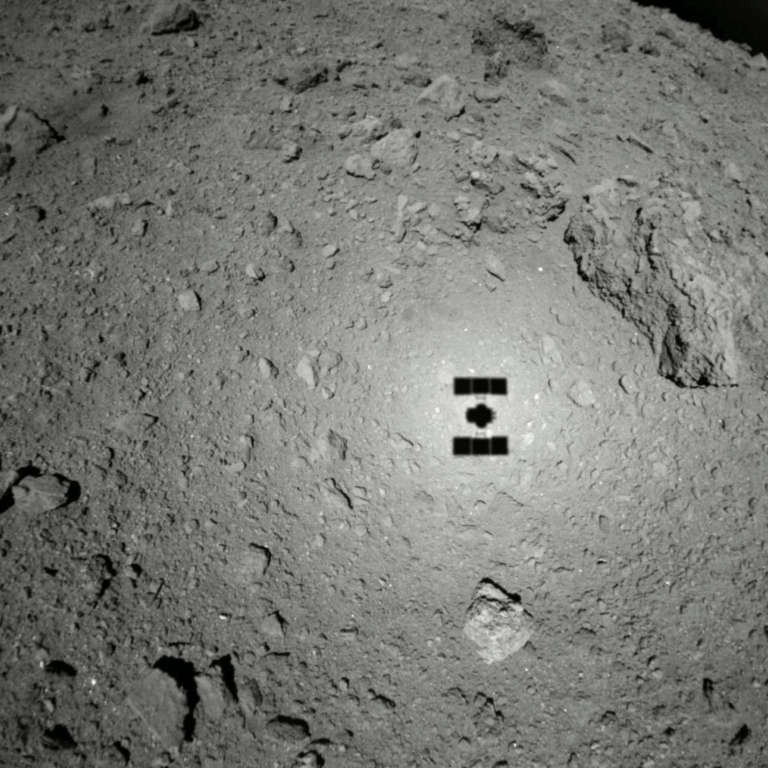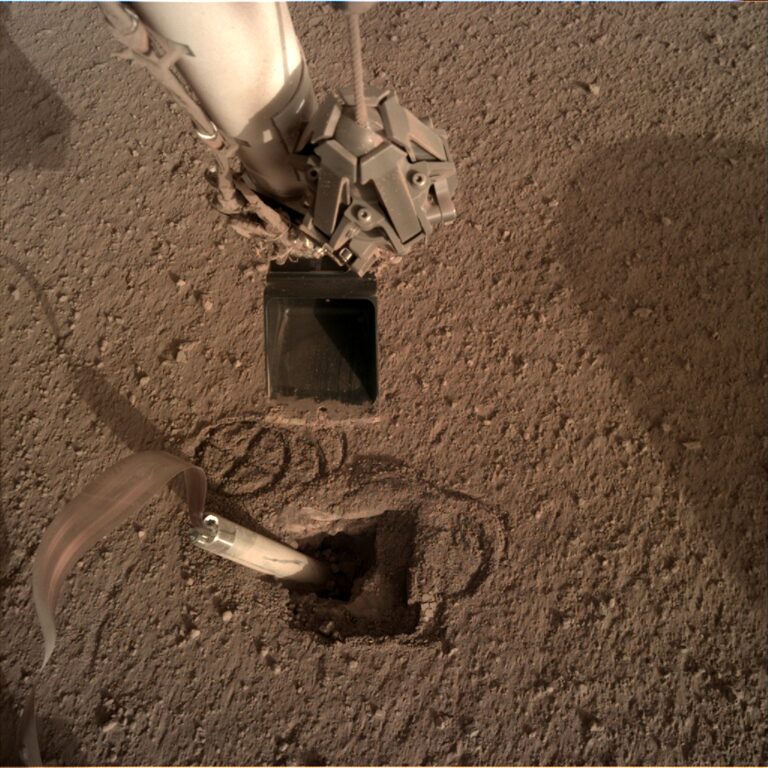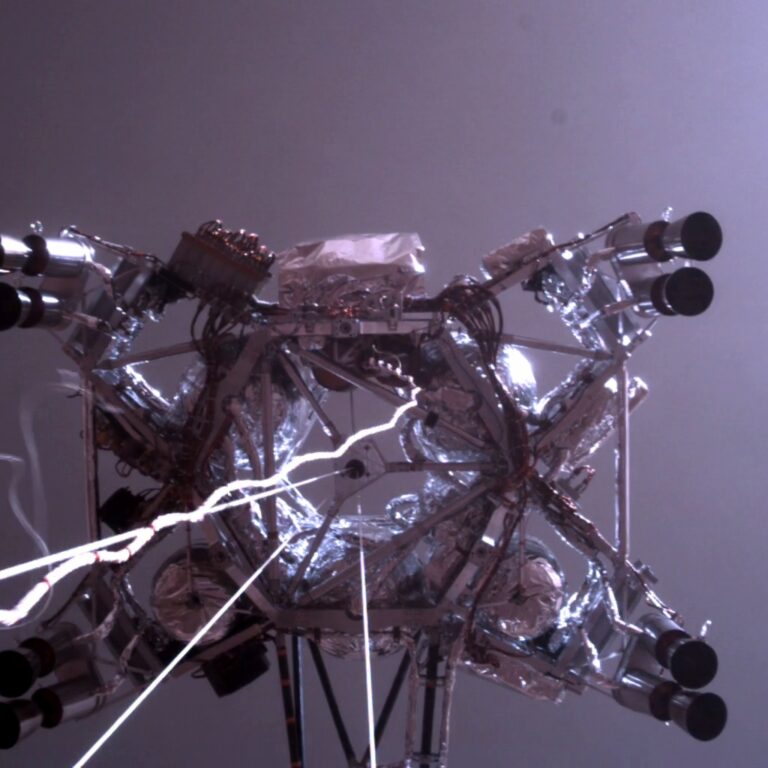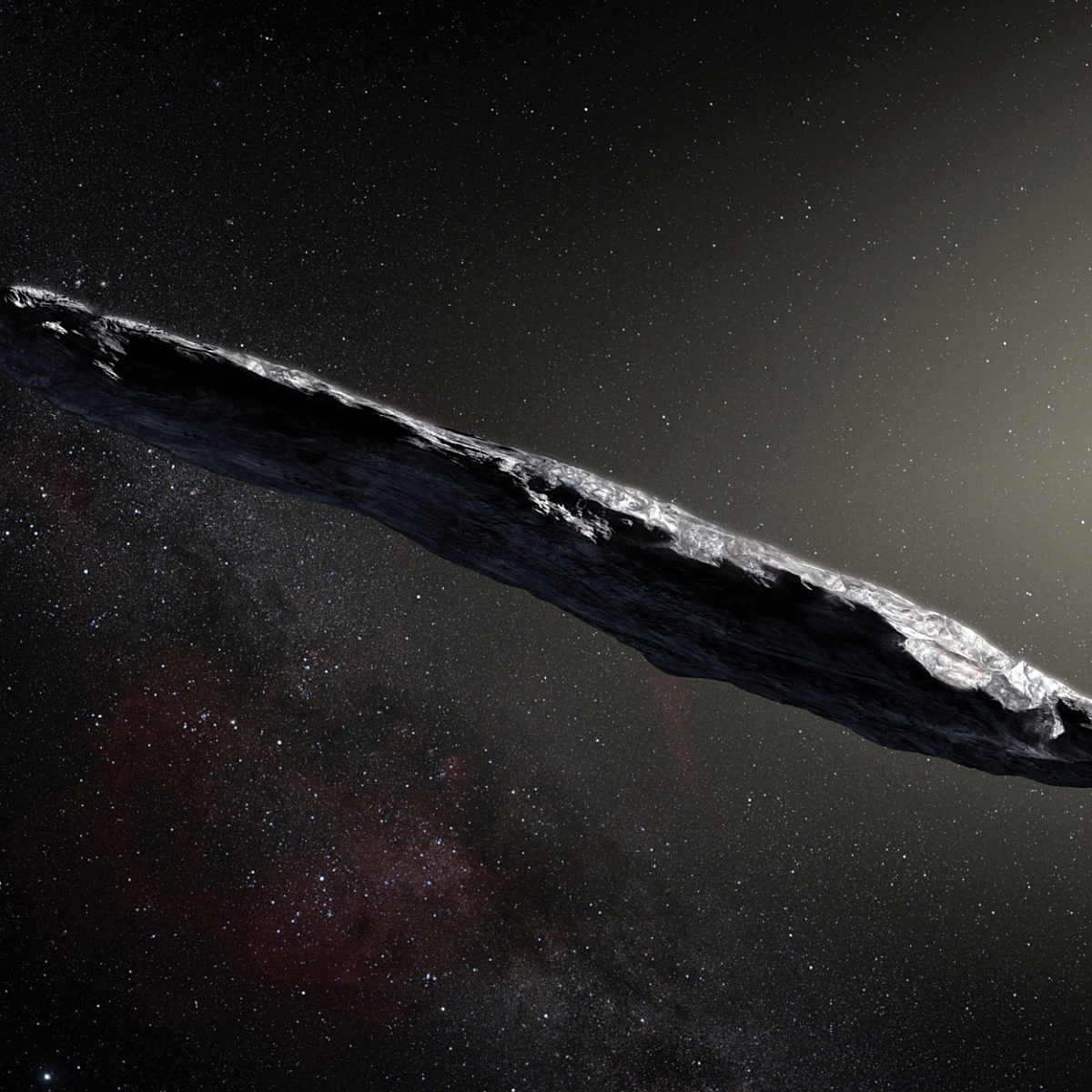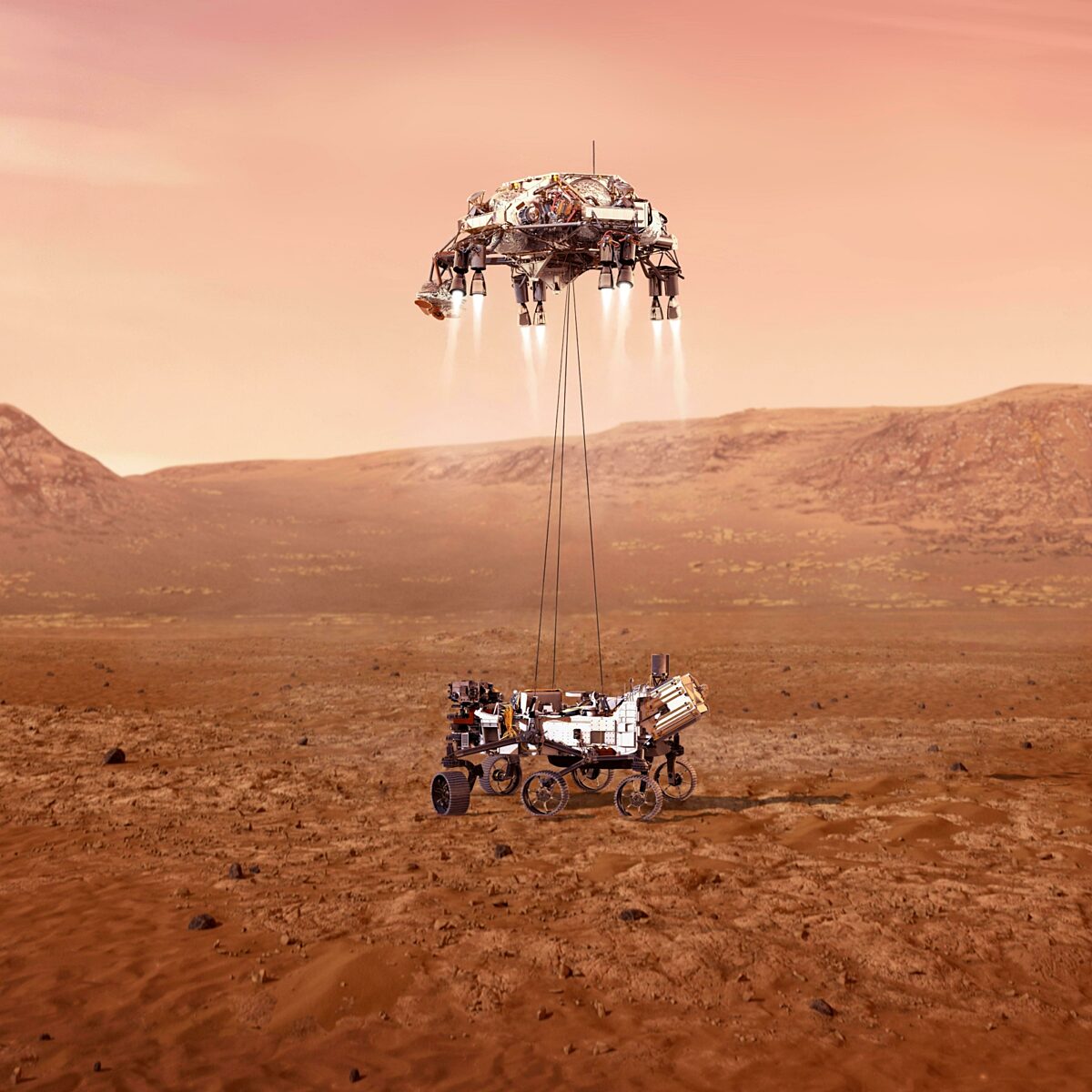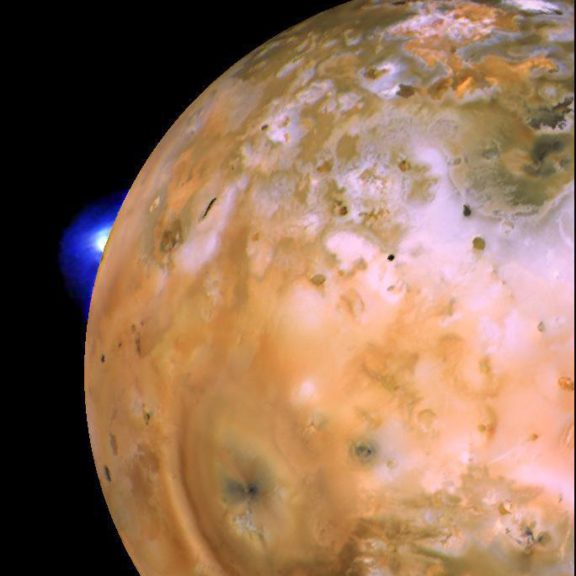Since 2002, Planetary Radio has visited with a scientist, engineer, project manager, advocate, or writer who provides a unique perspective on the quest for knowledge about our Solar System and beyond. The full show archive is available for free.
Search Planetary Radio
Gerard K. O’Neill envisioned vast, magnificent human settlements in space. His followers, including Jeff Bezos, are working to turn his vision into reality.
Robert Crippen and John Young became the first humans to fly a space shuttle into orbit when Columbia launched on April 12, 1981.
It looks like former senator Bill Nelson will be NASA’s next administrator. Casey Dreier and Mat Kaplan talk about his nomination and other developments in Washington D.C., including The Planetary Society’s very successful Day of Action.
Exoplanet hunter and artist Natalia Guerrero of MIT reveals the discovery of many more possible new worlds by NASA’s Transiting Exoplanet Survey Satellite.
Perseverance rover deputy project scientists Katie Stack Morgan and Ken Williford share the latest developments from Mars’ newest robot resident.
Hayabusa2 project manager Yuichi Tsuda shares the exciting success of Japan’s sample return mission ti asteroid Ryugu.
NASA engineer and scientist Troy Hudson shares the sad but ultimately inspiring story of a two-year attempt to dig deep beneath the surface of Mars.
Elon Musk’s SpaceX nearly failed 15 years ago as it struggled to launch its first rocket. Eric Berger has written about this challenging early era and how it helped create today’s successful, innovative company.
We examine a few of the thousands of technologies and innovations developed by NASA that are making lives better around our planet.
Relive the most dramatic and awe-inspiring moments from NASA’s Perseverance rover landing on Mars.
Author of The Martian Andy Weir and the leader of the United Arab Emirates’ successful Hope Mars orbiter mission joined other Mars all-stars at Planetfest ’21.
Author Marc Hartzman’s new book celebrates the wonder of the Red Planet and how it entered popular culture.
Matt Hourihan of the American Association for the Advancement of Science joins Casey Dreier for a deep dive into the U.S. government’s funding of science research and development.
How astronomers at California’s Palomar Observatory revolutionized our understanding of the cosmos.
‘Oumuamua made headlines when astronomers discovered it in 2017. Harvard professor Avi Loeb's new book lays out the case for why the object might be artificial and argues that scientists should embrace bold theories.
JPL engineer Gregory Villar prepares us for the perilous descent and landing of the 2020 Mars rover on February 18th.
Casey Dreier and our special guest, former National Space Council chief of staff Jared Zambrano-Stout, consider the troubling events at the U.S. Capitol in this special episode.
Composer Amanda Lee Falkenberg is joined by Cassini project scientist Linda Spilker and retired astronaut Nicole Stott as she shares excerpts from The Moons Symphony.
NASA has given the green light to Principal Investigator Les Johnson and his team for construction of a solar sail that dwarfs all that have come before.
In spite of everything, 2020 was a good year for space exploration according to five of The Planetary Society’s experts.


 Explore Worlds
Explore Worlds Find Life
Find Life Defend Earth
Defend Earth





